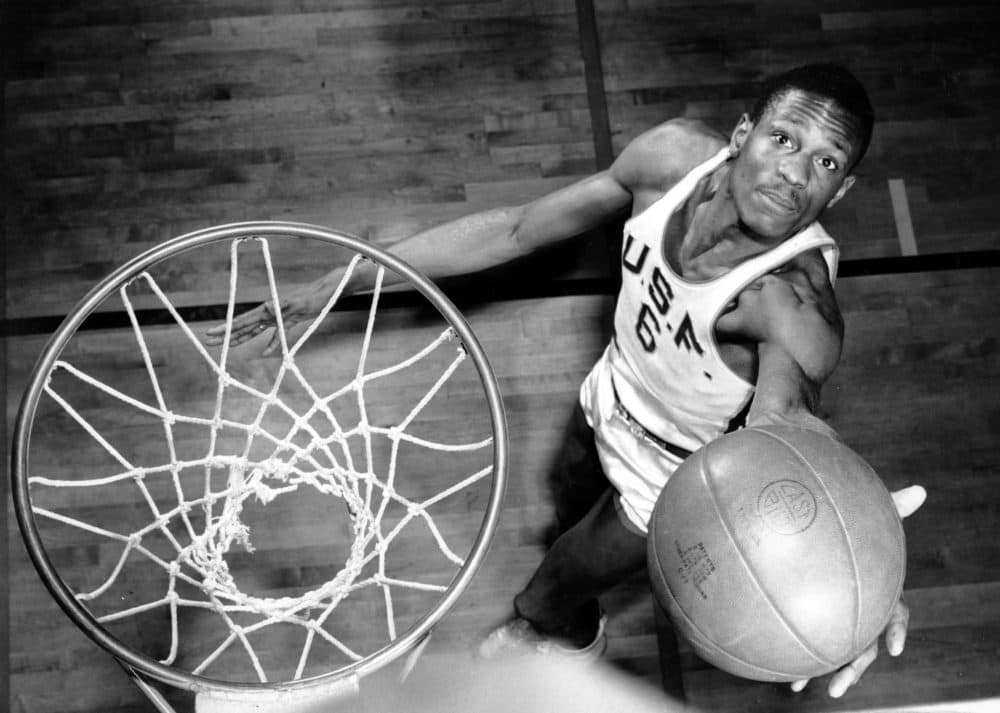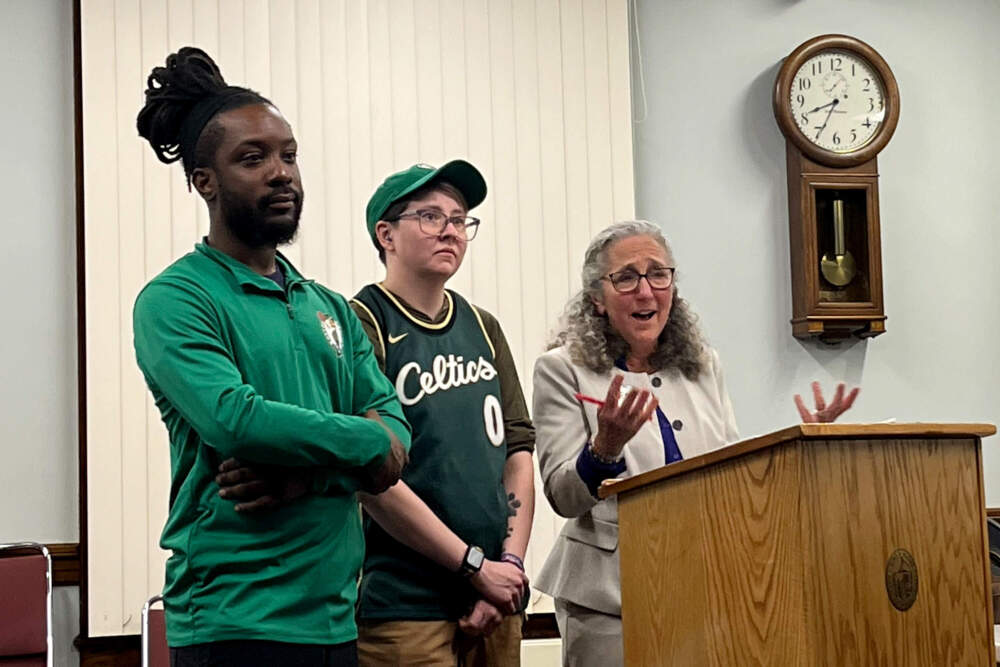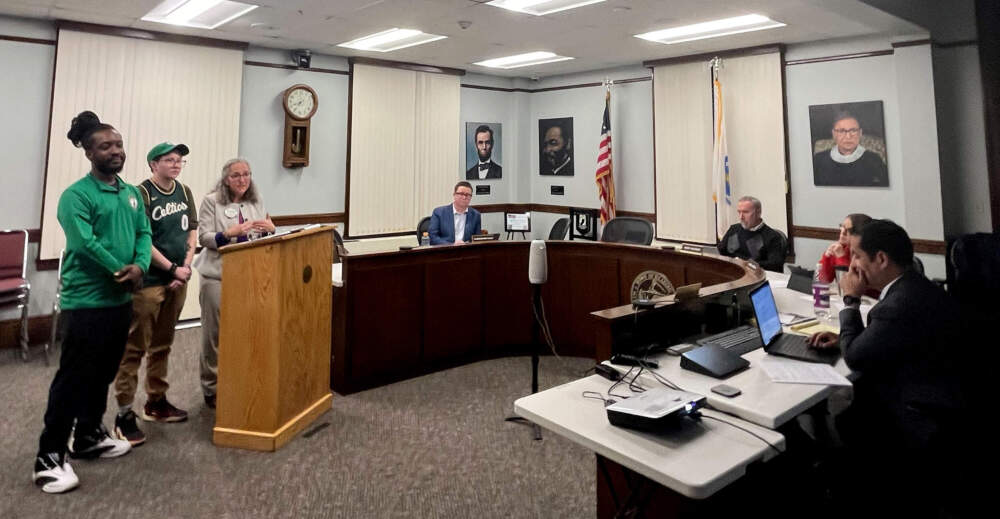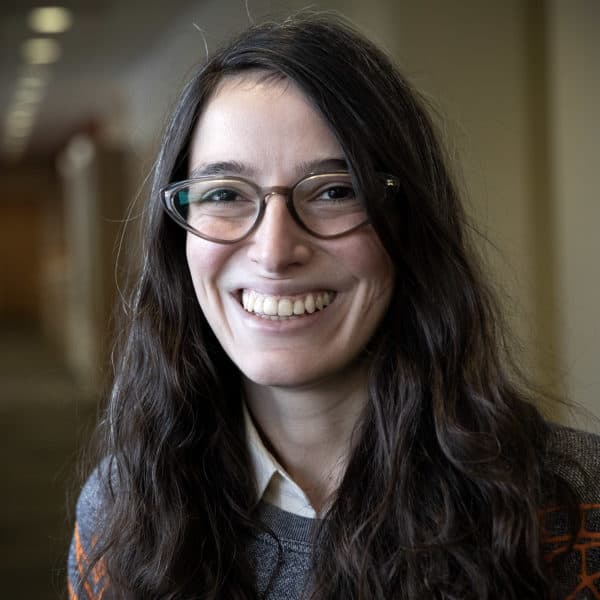Advertisement
Town of Reading reckons with racism and its past as it looks to honor Celtics great Bill Russell

Bill Russell was a hero on the basketball court — a powerful defensive center who led the Boston Celtics to 11 championships. But in 1960s Boston, the NBA great was a Black man facing bigotry and racism.
Russell and his family had some of their worst experiences at home, in the town of Reading, 13 miles north of Boston Garden. Now, decades later, a local nonprofit is urging the town to honor Russell’s memory and reckon with its troubled past.
"It's not fair of him and his family to be celebrated for his accomplishments, without acknowledging what he dealt with in this town," said Philmore Phillip II, founder of the nonprofit group “CATO - The Coalition of Us” that’s pressing for a permanent Bill Russell Day, along with an official statement recognizing the treatment he experienced in Reading.
Such notice has been a long time coming.
When the Russells settled in Reading, they stood out in the majority-white town. Russell’s daughter Karen has recounted that she and her brothers were the only Black children at the local school.
In May of 1963, the town did make some overtures to befriend the family. Officials threw a banquet at the local high school, in Russell's honor. The Reading Chronicle wrote that Russell was in attendance, along with Celtics teammates and hundreds of guests, and seemed visibly touched by the gesture. Officials also passed a proclamation and promised to set a permanent Bill Russell Day, celebrated with "appropriate recognition and celebrations."
But a date was never established. Instead, the Russells experienced a slew of racist attacks. Residents signed a petition to block the family from moving to an affluent neighborhood. And when the Celtics went on the road, Russell would regularly return to find the trash bins knocked over at home; police claimed it was raccoons.
And then there was a deeply troubling break-in at the family’s home in the summer of 1963 — just months after the banquet and proclamation honoring Russell.
Karen Russell described the day in an essay published for the New York Times in 1987: “Our house was in shambles,” she wrote, and the vandals had spray-painted a racist slur on the wall. “They had broken into my father's trophy case and smashed most of the trophies. I was petrified and shocked at the mess; everyone was very upset.”
Advertisement
Karen Russell recalled how at the end of the day, her parents went to their bedroom, only to discover that “the burglars had defecated in their bed.”
“That was something barbaric,” said ESPN contributor and author Howard Bryant.
Russell moved out of Reading in 1969.
"Bill Russell left Reading in his rear-view mirror," Bryant said. "He didn't ask anything of them. He didn't need anything from that town or from the people who were there, from the people who did the things to him."
Bryant added that Russell's accomplishments speak for themselves.
"He's the engine of the modern day Celtics," Bryant said. "Bill Russell was the difference between winning and losing in Boston."
Bill Russell died in 2022, at the age of 88. He never returned to Reading in his lifetime, by his own telling.
After the athlete's death, the Reading Select Board again passed a proclamation — reminiscent of the one nearly 60 years ago — honoring Russell as a player and as a civil rights advocate. And Phillip’s group is pressing the town to make sure action follows the words this time, and that the town pays tribute to Russell’s work both on and off the court.
Reading Select Board member Mark Dockser said he supports the nonprofit’s efforts (his wife, Linda Snow-Dockser, was among the advocates at the meeting). But he said he also understands why some in town would be hesitant to open old wounds.
"A lot of folks are in this community since the ‘60s," he said. "So for them, I think some of the stories might be a little bit painful."
Phillip said the town needs to address its own history.
“We can revisit so many events and relive them,” he said. “But when it comes to Black history, we can't acknowledge them, and that's unfortunate.”
The debate came to a head in a public forum earlier this month, at a town select board hearing. There, CATO members made their case for creating a committee of town residents to help the select board plan events around a Bill Russell Day.

The proposal stopped short of asking an apology to the Russell family. It includes an annual celebration, a scholarship program for a student exemplifying Russell's values and official acknowledgement of the well-chronicled mistreatment the Russell family experienced.
Under the proposal, the committee would organize the first Bill Russell Day and then transfer the responsibilities to elected officials, to ensure the project's longevity.
Phillip, who went to school in Reading through the state's METCO program, added that the day could kick-start conversations about Black history.
"I didn't have the opportunity to learn about a lot of Black figures in my academic career growing up in Reading,” he said. "This proclamation is a start in the right direction in order to fix these issues in Reading."
Board members supported the idea of celebrating Russell, but not all of them embraced putting the town's name on it.
In response to Phillip's remarks, board member Carlo Bacci said the committee should focus on Russell the athlete — not on race and civil rights.
“We don't need a committee for that," said Bacci, who attended the meeting remotely by video that night. "We're talking about civil rights, we're talking about people, we're talking about human rights, I mean, if we need a committee for that, we need a committee for a lot of other things."
Bacci recommended that Bill Russell Day could be a volunteer-led endeavor, with support from the town.
That did not sit well with Reading resident and CATO member Sherilla Lestrade. She said the board had a full year to develop a substantive plan after the 2022 proclamation.
"I think that throwing it out there and saying, ‘We don’t have an opportunity to do it,’ is a cop-out," Lestrade said. "And I’m tired of cop-outs."

Tara Gregory, another member of the nonprofit who also presented to the board, told WBUR it's vital that the town shoulder responsibility for honoring Russell.
"We recognize that the select board members and the town manager have a lot on their plates," Gregory said. "We would like to help them, we just don't want to take the responsibility for them."
Gregory added that the group does not intend to point fingers at their neighbors, but the town needs to give voice to all residents
"Black and brown residents have very different experiences in Reading compared to their white counterparts," Gregory said. "Not everybody has a great experience in this town. And we have to acknowledge that there is a problem, to move forward."
The select board is slated to take up the matter in February, when its five members will vote on whether to form a committee to plan the permanent Bill Russell Day.
The proposal needs a majority vote to pass. If it passes, a new committee will plan the day honoring Russell for 2024 — an overdue tribute, Phillip said, that will paint the town green.
This story was updated to reflect that the select board rescheduled its planned vote to February.
This article was originally published on December 18, 2023.
This program aired on December 18, 2023.
